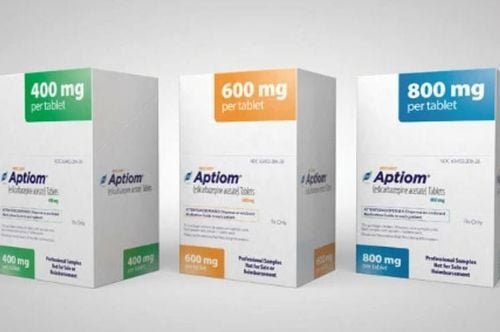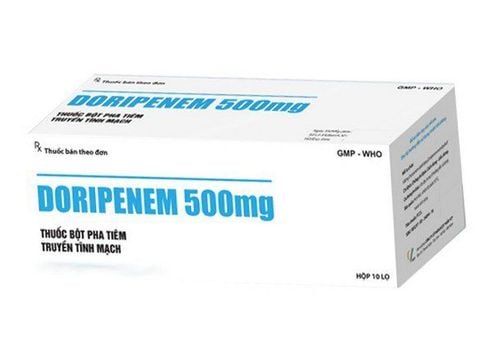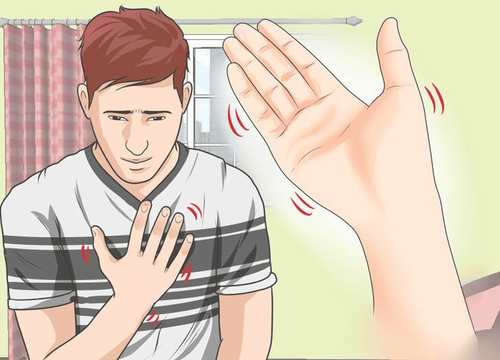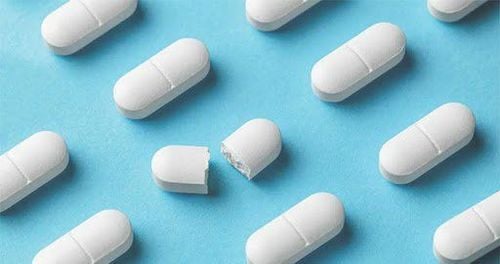This is an automatically translated article.
The article was written by Dr. Tran Trung Kien - Genetic Research Specialist at Research Department, Vinmec Institute of Stem Cell and Gene Technology.The reported prevalence of autism varies across countries and groups of people. In the US, one in 59 babies is born with autism. In Asia, autism is still understudied and is as prevalent in European or North American populations, and the reported frequency of autism is reported to vary widely between populations. It is estimated that autism accounts for about 1% of the population. In Vietnam, there are currently no accurate statistics on the prevalence of autism in the community.
1. What is autism spectrum disorder?
Autism spectrum disorder is a disorder that includes clinical manifestations characterized by deficits in social skills, repetitive behaviors, and lack of or not even able to communicate and language. In addition to the above-mentioned manifestations, children with autism may also have other clinical manifestations such as seizures, epilepsy, taste, sound, sleep disturbances, attention deficit hyperactivity disorder, digestive system problems. chemical, often worried, restless...etc.
According to records, the number of children with autism detected is increasing. The prevalence of autism in men and women is different. Many studies have shown that boys have a higher incidence than girls, (about 4 times).

Rối loạn phổ tự kỷ ít gặp ở bé gái hơn
2. Causes of Autism Spectrum Disorder
The specific cause of autism is still unclear. However, there is ample evidence that genetic, environmental, or a combination of gene-environment causes autism. Although there are also reports indicating that socioeconomic conditions are also associated with autism incidence. To date, studies have shown that there are more than 1,000 genes carrying mutations that are believed to be associated with autism.
In which, more than 100 genes are evaluated as genes that increase the risk of autism such as SHANK3, NLGN4, DLG2, RN3C2, DYRK1A,SCN2A...etc genes. Overall, genetic testing can find about 25% of autism cases to be related to genes. Genes that carry genetic variation are commonly involved in neurotransmission.
Regarding the genetic mechanism, autism does not follow the Mendelian pattern of inheritance, i.e. monogenic or dominant or recessive inheritance of each allele from the parents. Many mutations in autistic people are not found in the parents or even in identical twins (de novo mutations). Not only that, mutations can be found in many genes, not just a single gene. Therefore, the pathogenesis of autism is complex and not clearly understood.
Some factors are considered to increase the risk of autism such as: high age of parents; have problems with pregnancy and childbirth (eg, premature birth, low birth weight, multiple pregnancy...). There is some opinion that vaccination is the cause of autism. However, detailed studies with scientific evidence have shown that this is incorrect information. Vaccines do not cause autism.

Mô phỏng cấu trúc mã Gene SHANK3
3. Detection and treatment
Autism has many different forms and manifestations that vary from person to person. As a result, early diagnosis and intervention becomes difficult, especially in areas where medical conditions and public awareness are limited. Symptoms can begin to appear early and become apparent from 2-3 years of age. Diagnosis can begin as early as possible (from 18 months onwards). According to studies, early intervention has a positive effect.
So what are the signs of autism? Here are some timelines and signs to watch out for
If the child has the above symptoms, parents need to take the child to a specialist center for autism as soon as possible. Essentially, interventional education is considered the leading approach in autism treatment. Early intervention improves the child's integration and language abilities.
Please dial HOTLINE for more information or register for an appointment HERE. Download MyVinmec app to make appointments faster and to manage your bookings easily.













